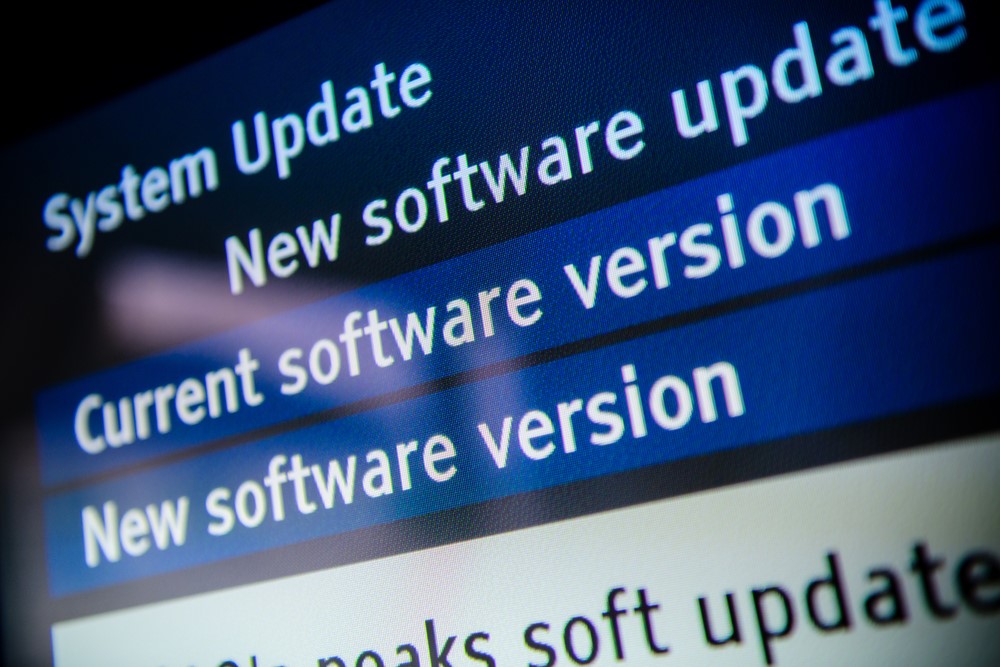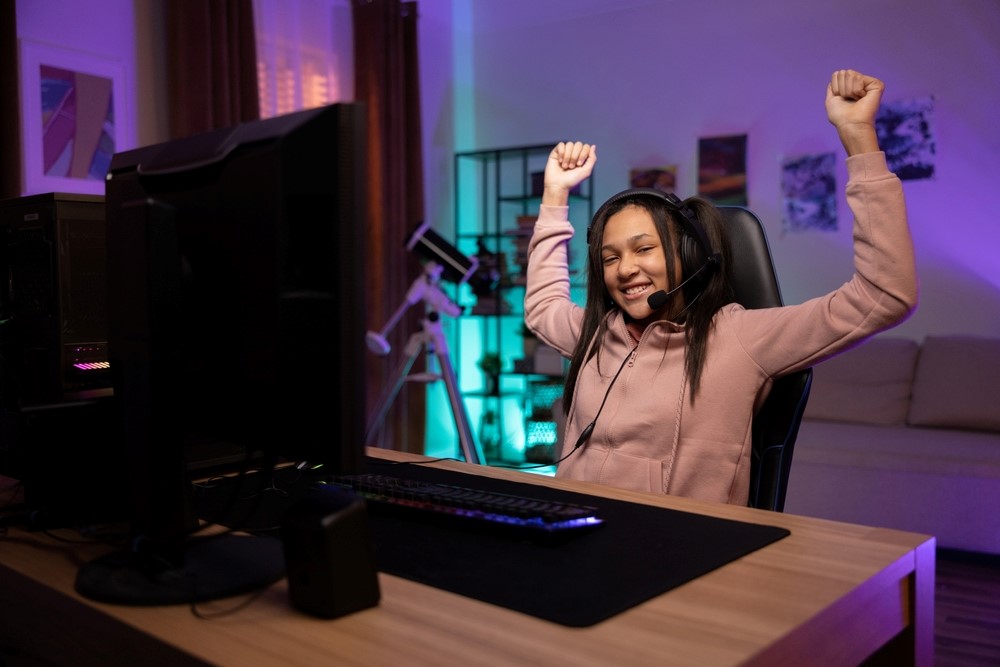In a second, it’s all gone. The adrenaline, the immersion, and (worst of all) your hard-earned progress have all vanished, leaving only your desktop and maybe an error message. And the only thing worse than having it happen once is having it happen again, and again, and again.
At one time or another, nearly every gamer has known the pain of a game that won’t stop crashing. Even high-end gaming PCs aren’t immune to crashes, and ferreting out the source of the problem can try your patience like nothing else. If you’re on the hunt for the source of your woes, keep the following guide handy as you troubleshoot, and look out for these seven classic causes of a crashed PC.
Table of Contents
1. Your PC doesn’t meet the minimum specs for the game you’re playing.
Hopefully, you checked the minimum required specs before you bought the game — but even if you did, it’s always a good idea to give them another look. Many games will still run on a system that doesn’t meet minimum specs, but performance will often be unstable. Do a quick double-check (or use a benchmarking site) just so you can rule this one out before moving on to other potential causes.
2. You have too many programs running in the background.
Running other programs in the background while gaming is one of the most common culprits for crashes. Why? Having lots of applications open eats up the RAM capacity that your PC needs for smooth gameplay and graphics. Even something as simple as a browser window with lots of tabs open can cause this.
So, when you’re troubleshooting repeated game crashes, make sure to close web browsers, streaming apps, and anything else you might have running simultaneously while gaming. Content creators who need to run things like screen capture apps in the background while gaming should consider upgrading their RAM if this turns out to be the cause of the problem.
3. You need to update drivers and/or software.
Is your graphics card using the latest drivers from the manufacturer? If not, download the newest drivers before you reload the game. It could also be the game itself that needs an update, so make sure you’ve installed any patches or general updates from the game’s publisher. A third possibility is that your OS itself needs an update, so make sure you’re running the latest version.

On the flip side, gamers do occasionally report that installing new drivers has caused sudden problems in games that previously worked fine. If your game’s issues started after a driver update, you can try rolling back the driver to its previous state.
4. Your power supply doesn’t have enough wattage for your GPU.
Graphics cards are power-hungry parts, and they can experience stability issues if they’re paired with a power supply unit that can’t deliver enough juice. The easiest way to identify this problem is to plug your PSU’s model number into one of the many wattage calculators available online, along with your other components. If it’s under the recommended power or right at the limit, you might need to replace your PSU (or use a different graphics card).
Mechanical problems with your power supply can also affect its performance. To check, you can disconnect the PSU and use a power supply testing tool (easily available online). Replace your power supply ASAP if this is the case, as a faulty PSU can easily damage your whole system.
5. You’re using overclocking settings that your CPU (or cooler) can’t handle.
Remember that once you start overclocking your CPU, the silicon lottery means you’re playing a game of chance. There’s no way to know the processor’s limits until you’ve tested it. And if you’re experiencing system stability issues, there’s a good chance you might be at the processor’s upper limits.
There are a few ways to test this. First, you can try running a monitoring utility such as CPU-Z in the background while gaming. If you notice big spikes in temperature, these could be causing the crash. Alternatively, go into your BIOS or overclocking utility and revert your CPU to factory settings and then try running the game again. If that solves the problem, you’re either overclocking too aggressively, or your cooling system can’t handle your overclock settings.
6. Your CPU is getting too hot for another reason.
An overheated CPU will shut down even if it’s not being overclocked. Any of the following issues can cause CPU overheating and subsequent crashes:
- Your cooler isn’t absorbing enough thermal load from the CPU
- You need to adjust your fan curves or fan positioning to create more airflow
- Your PC’s fans and/or vents are clogged with dust and debris
- Your PC is somewhere that it can’t effectively vent hot air, such as against a wall or on your lap
Once again, temperature monitoring is your friend here. Keep your monitoring utility running and look for excessively high temps. Then, check out what your fans are doing (or not doing) when spikes happen.
7. Your RAM needs to be replaced.
RAM doesn’t last forever, and it’s possible for the memory chips in one or more of your modules to go bad from physical damage, age, or manufacturing defects. Thus, if you’ve exhausted other options, a RAM diagnostic might be the next step for you.
Windows Memory Diagnostic is the preferred testing tool for ferreting out faulty RAM. It’s a free, built-in tool in Windows 10 and 11 that makes it easy to check your RAM for problems. MemTest86 is another free testing utility that provides more detailed results, but it’s recommended for experienced users.
Finally, remember that overclocking your RAM using XMP profiles can also cause instability. If you’re using XMP on your RAM, try returning the modules to their stock profiles in your BIOS.

Unfortunately, this is far from a comprehensive list of everything that can crash your game — plenty more problems are out there lurking. If you’ve exhausted these possibilities, however, it might be time to take your PC to a professional (or at least make a Reddit thread about it). And if you’ve solved the problem, we wish you happy gaming and many victories!